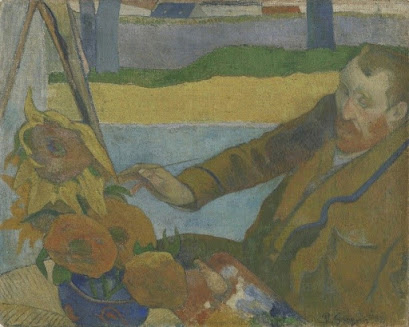1. How can you teach somebody not to do something which he or she shouldn’t do?
2. For example, how can you convince someone not to start smoking because it is bad for his or her health?
3. How can one know beforehand the dangers but also the pleasures of smoking a cigarette?
4. Although history teaches us about the mistakes of the past, we seem to consistently repeat the same mistakes.
5. For example, we all know about the devastating effects of war, but we keep on fighting each other.
6. Is this because although we have the knowledge of the past we can’t control our primordial instincts?
7. Or is it fundamentally because, no matter what, nature and history have no memory?
8. Take another example, Drake’s equation and Fermi paradox. How come given the probability of alien civilizations we have never encountered one?
9. Is it because they are far away or because they hide from us?
10. Or is it that they are very few because few of them surpass the point of self destruction?
11. Throughout natural evolution there have been species which came and went, like the dinosaurs.
12. The dinosaurs were driven to extinction by a meteorite, and we say they weren’t clever enough to prevent their extinction.
13. But even if we have the technology to stop a meteorite from hitting us, do we have the intelligence to stop the destruction of the natural environment before it is too late?
14. Is the meaning of evolution constant progress through the gathering of information and knowledge?
15. Or is the universe regularly recycling the species, their history, their knowledge and their memory altogether?
16. Because at the end all that is left to us are some memories of things which we should or shouldn’t do, and which will disappear as soon as we are gone.
8/10/2020
Painting: Vincent van Gogh Painting Sunflowers, Paul Gauguin
[https://www.artsy.net/article/artsy-editorial-van-gogh-fell-love-sunflowers]

No comments:
Post a Comment